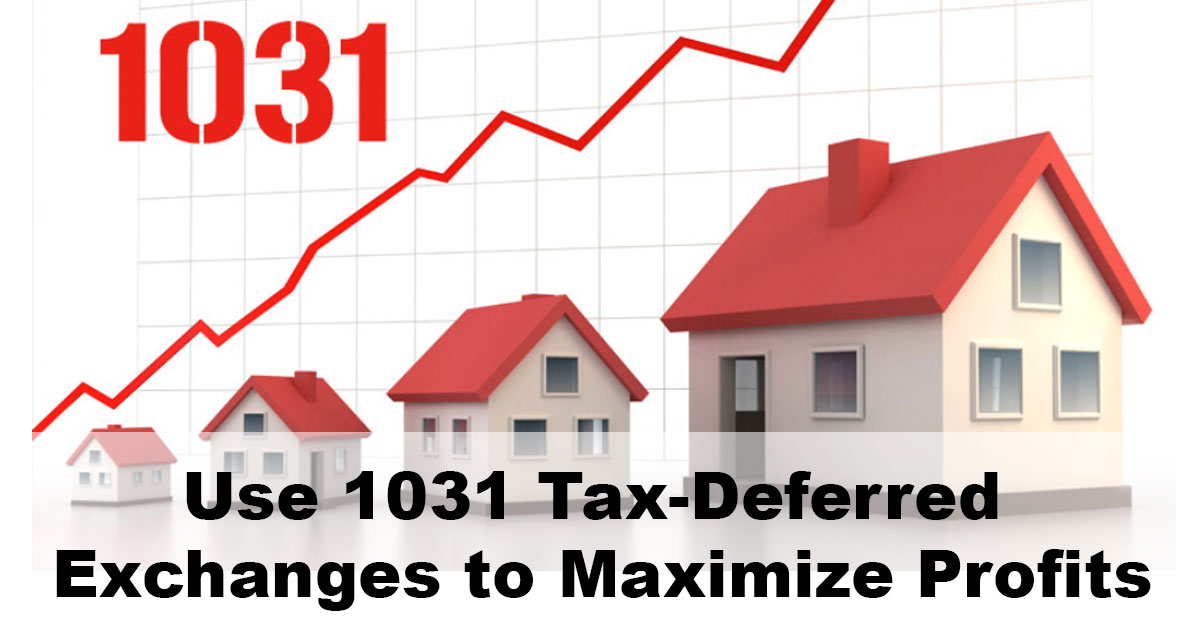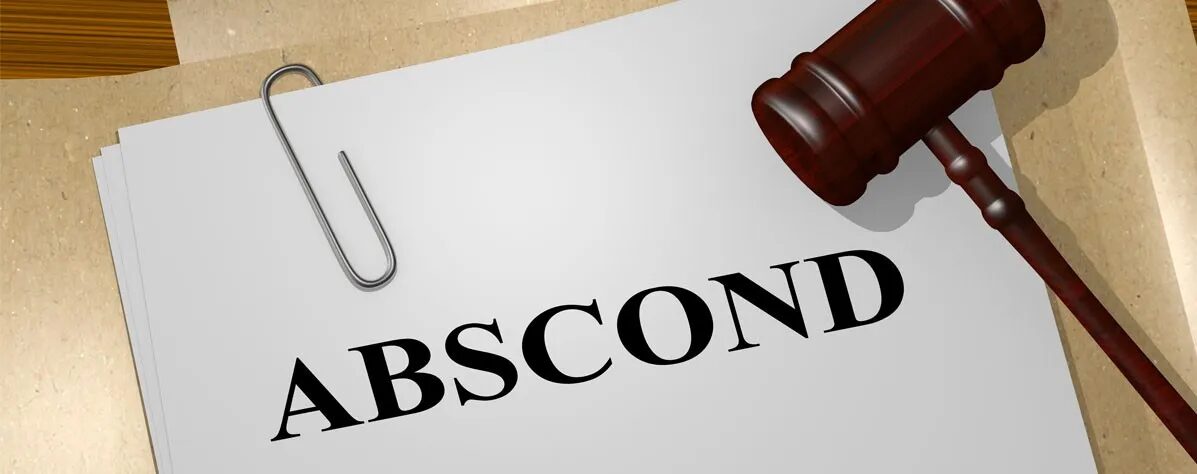Maximizing Profits with Section 1031 Exchange

Contents
- 1 1. Introduction
- 2 2. Understanding Section 1031 Exchange
- 3 3. Benefits of Section 1031 Exchange
- 4 4. Strategies for Maximizing Profits
- 5 5. Conclusion: Unlocking Wealth with Section 1031 Exchange
- 6 6. Frequently Asked Questions (FAQ)
- 6.1 Q1: Can Section 1031 Exchange be used for any type of property?
- 6.2 Q2: What are the key deadlines to be aware of in a 1031 Exchange?
- 6.3 Q3: Are there any restrictions on the location of replacement properties?
- 6.4 Q4: Can I use Section 1031 Exchange for personal residences?
- 6.5 Q5: Is it possible to do a partial 1031 Exchange?
1. Introduction
In the world of real estate investing, knowledge is power. One powerful tool that can significantly impact your profitability as a real estate investor is Section 1031 Exchange. This article explores the intricacies of Section 1031 Exchange and how it can be leveraged to maximize your profits while deferring taxes.
2. Understanding Section 1031 Exchange
Section 1031 of the Internal Revenue Code allows real estate investors to defer capital gains taxes when they sell an investment property and reinvest the proceeds into a like-kind property. This exchange can be a game-changer for investors looking to grow their portfolios while minimizing their tax liability.
3. Benefits of Section 1031 Exchange
3.1 Tax Deferral
The most obvious benefit of Section 1031 Exchange is the ability to defer capital gains taxes. By reinvesting the proceeds from the sale of one property into another like-kind property, you can postpone paying taxes until you eventually sell the replacement property.
3.2 Portfolio Diversification
Section 1031 Exchange enables you to diversify your real estate portfolio without incurring immediate tax consequences. This flexibility allows investors to adapt to changing market conditions and explore new opportunities.
3.3 Wealth Accumulation
As your real estate portfolio grows tax-deferred, you have more capital to invest in higher-yielding properties. This compounding effect can significantly accelerate your wealth accumulation.
4. Strategies for Maximizing Profits
4.1 Timing
Strategic timing is critical when utilizing Section 1031 Exchange. Understanding the deadlines and timeframes involved in the exchange process is essential to maximize profits.
4.2 Identifying the Right Properties
Choosing the right replacement property is crucial. It’s not just about finding a like-kind property; it’s about finding one with the potential for appreciation and rental income.
4.3 Professional Guidance
Seeking the expertise of tax professionals, real estate agents, and legal advisors can help you navigate the complexities of Section 1031 Exchange. Their knowledge can be instrumental in maximizing your profits.
5. Conclusion: Unlocking Wealth with Section 1031 Exchange
In conclusion, Section 1031 Exchange is a powerful tool that allows real estate investors to defer taxes, diversify their portfolios, and accumulate wealth. By following the strategies outlined in this article and learning from real-life case studies, you can harness the full potential of Section 1031 Exchange to maximize your profits.
6. Frequently Asked Questions (FAQ)
Q1: Can Section 1031 Exchange be used for any type of property?
Yes, Section 1031 Exchange can be used for a wide range of investment properties, including residential, commercial, and even vacant land.
Q2: What are the key deadlines to be aware of in a 1031 Exchange?
There are two primary deadlines: the 45-day identification period and the 180-day exchange period. During the identification period, you must identify potential replacement properties, and within the exchange period, you must complete the acquisition of the replacement property.
Q3: Are there any restrictions on the location of replacement properties?
Replacement properties must be located within the United States. However, there is some flexibility in terms of geographic location as long as they are like-kind.
Q4: Can I use Section 1031 Exchange for personal residences?
No, Section 1031 Exchange is specifically for investment and business properties. It does not apply to personal residences.
Q5: Is it possible to do a partial 1031 Exchange?
Yes, it is possible to do a partial 1031 Exchange, where you exchange only a portion of the proceeds from the sale of the original property.






